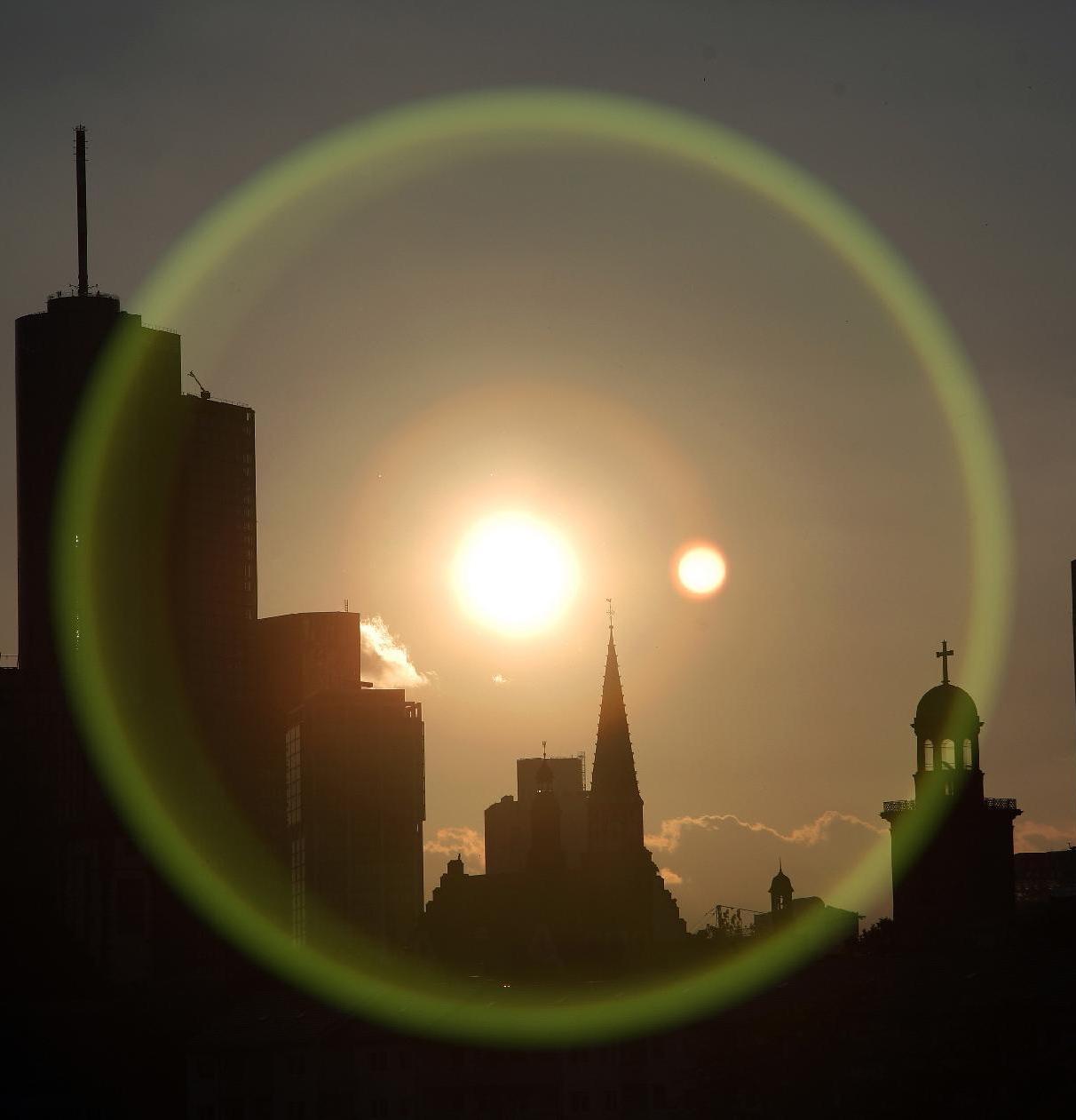Human lifespan linked to behaviour of Sun at time of their birth, scientists say
Norwegian scientists say people born during periods of solar calm may live longer – as much as five years on average – than those who enter the world when the Sun is feisty. The team, from the Norwegian University of Science and Technology, based their study on demographic data from church records of some 8,600 individuals from two different mid-Norwegian populations, one poor and one wealthy. This was matched to maps of historical solar cycles. The lifespan of those born in periods of solar maximum – interludes marked by powerful flares and geomagnetic storms – was “5.2 years shorter” on average than those born during a solar minimum, they found.
We show for the first time that not only infant survival and thus lifespan but also fertility is statistically associated with solar activity at birth.
Paper written by researchers at the Norwegian University of Science and Technology and published in the journal Proceedings of the Royal Society B on Wednesday
The team said solar activity is linked to levels of ultraviolet radiation (UVR) – an environmental stressor known to affect survival and reproductive performance, possibly by causing cell and DNA damage. On top of lifespan, being born in a solar maximum period also “significantly reduced” fertility for women born into the poor category, but not for wealthier women or for men, said the authors.
UVR is a global stressor with potential ecological impacts and the future levels of UVR are expected to increase due to climate change and variation in atmospheric ozone.
Paper in the journal Proceedings of the Royal Society B

sun lifespan Science